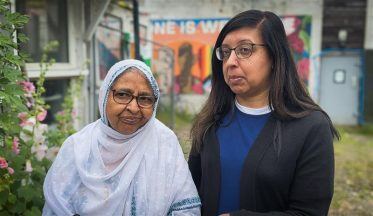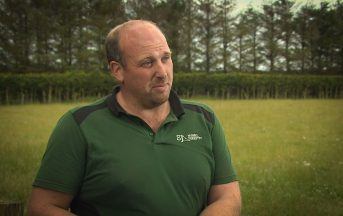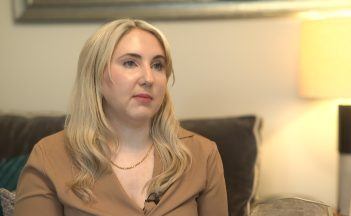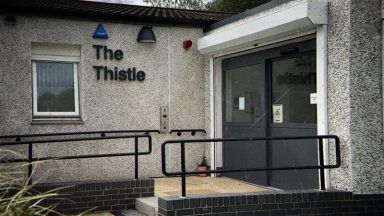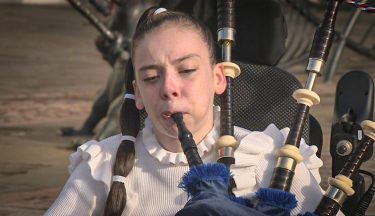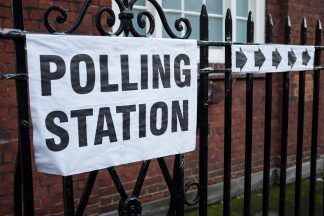A man trafficked into Scotland and now settled in Glasgow says his life would have been “totally destroyed” if he was sent back to his home country.
The Sudanese man shared his concerns as researchers – studying the long-term outcomes for trafficked children in Scotland – found children face asylum ‘system-trauma’.
Experts have cautioned that the Illegal Migration Bill is set to make matters worse. The Bill aims to ensure those who arrive in the UK without government permission will be detained and promptly removed, either to their home country or a third country.
“If something like this happens it would be very bad, it’s not fair, because this person has already experienced something bad and been a refugee,” said the man trafficked to Scotland, who wishes to remain anonymous.
“They will probably go back to their original country, which would totally destroy their life. (If that had happened to me) it would have destroyed my life.”
The man, who travelled through Chad, Libya, Italy and France on his way to Scotland, has been supported by the Scottish Guardianship programme since his arrival in the country four years ago.
“I came on my own with no family. It’s scary but I don’t have any other option. When I first got here, I didn’t know anybody but slowly, slowly I have made some friends.
“I got a social worker and then I got guardianship and a support worker. I’m happy here, I’m living my life.
“Young people, they need protection, they need to have place to stay, they need to have support for an income, they need support for education.
“It’s hard to forget all that past life and then start a new life.”
The Illegal Migration Bill returns to the Commons on Tuesday after being mauled in the Lords, where peers defeated the UK Government 20 times to rewrite the legislation.
The Government is expected to seek to overturn many of the changes, although it may be forced to offer concessions to get the Bill back on track.
But its policy of sending some asylum seekers on a one-way trip to Rwanda is set for a legal battle in the Supreme Court.
Research undertaken by The University of Stirling concluded that current Home Office delays in granting asylum applications and the uncertainty of removal from the UK created long-term ‘system-trauma’ to the children and young people who were trafficked.
It found that commonly they are left in “limbo” and do not know if they will be returned to their country of origin when they turn 18 or granted asylum so they can continue their studies, remain with their friends and their community.
The research was funded by the Modern Slavery and Human Rights Policy and Evidence Centre, which in turn is funded by the Arts and Humanities Research Council.
An analysis of the Bill was published by the centre, which found that it would deny protection to potentially thousands of people who were trafficked and risk increasing modern slavery in the UK.
Researchers also worked closely with the Scottish Guardianship Service, which works directly with trafficked and exploited children.
Dr Maggie Grant, senior research fellow at the University of Stirling, who led the study, said: “One of the things that young people talked about a lot was that safety is not just about physical safety, not just about having somewhere safe to live.
“It’s also about having stability, familiar routines and having regular contact with people that you trust – those are really, really important for children and young people to recover after experiences of exploitation.
“Children and young people have told us how important long-term security is in their recovery, from having a settled legal status, to building trusting relationships with their peers and people who support them.
“The Bill as presented is likely to have seismic consequences for separated and unaccompanied children who experienced trafficking not only in Scotland but across the UK.”
Last month, a legal opinion from Kay Springham KC, on behalf of Scottish human rights organisations, said that while immigration is reserved, the Scottish Government must challenge the Bill’s encroachment on devolved legislation.
The research, conducted on behalf of Scotland’s Children and Young People’s Commissioner, JustRight Scotland and the Scottish Refugee Council, said a failure to act would “risk breaching international human rights obligations”.
A Home Office spokesperson said: “We do all we can to ensure children are safe, secure and supported when they arrive in the UK. All children receive a welfare interview on their arrival at accommodation, which includes questions designed to identify potential indicators of trafficking or safeguarding issues.
“Our priority is to stop the boats and disrupt the people smugglers. The Illegal Migration Bill will ensure that those people arriving in the UK illegally are detained and promptly removed to their country of origin or a safe third country but will not compromise child safety.”
Follow STV News on WhatsApp
Scan the QR code on your mobile device for all the latest news from around the country


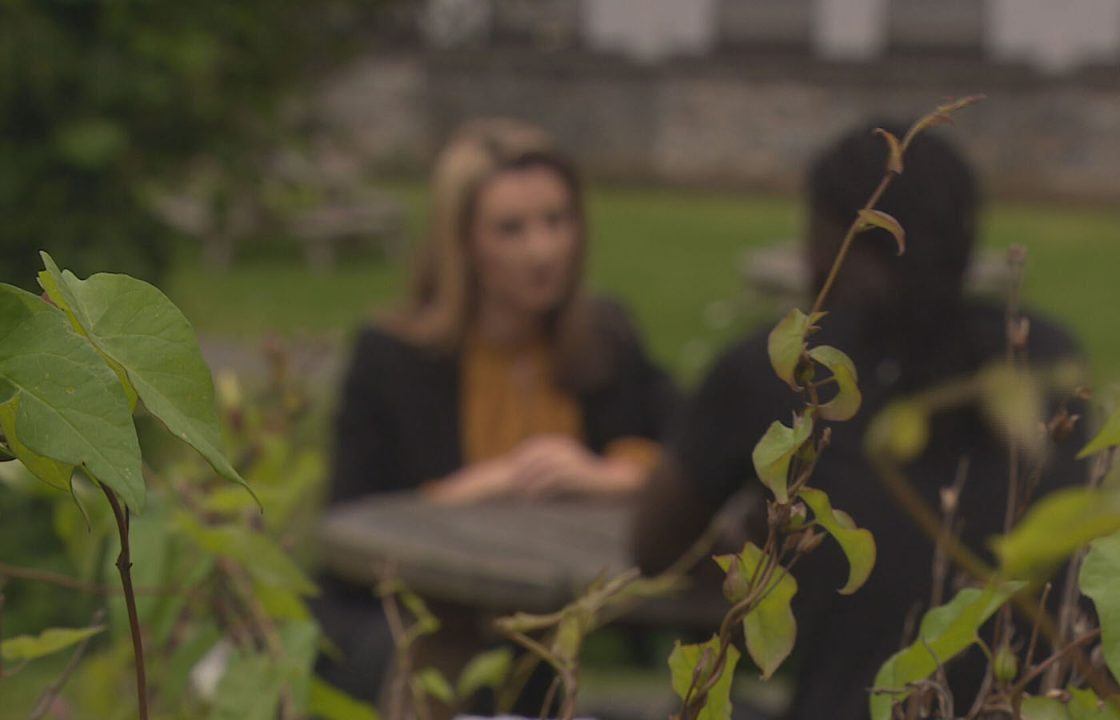 STV News
STV News